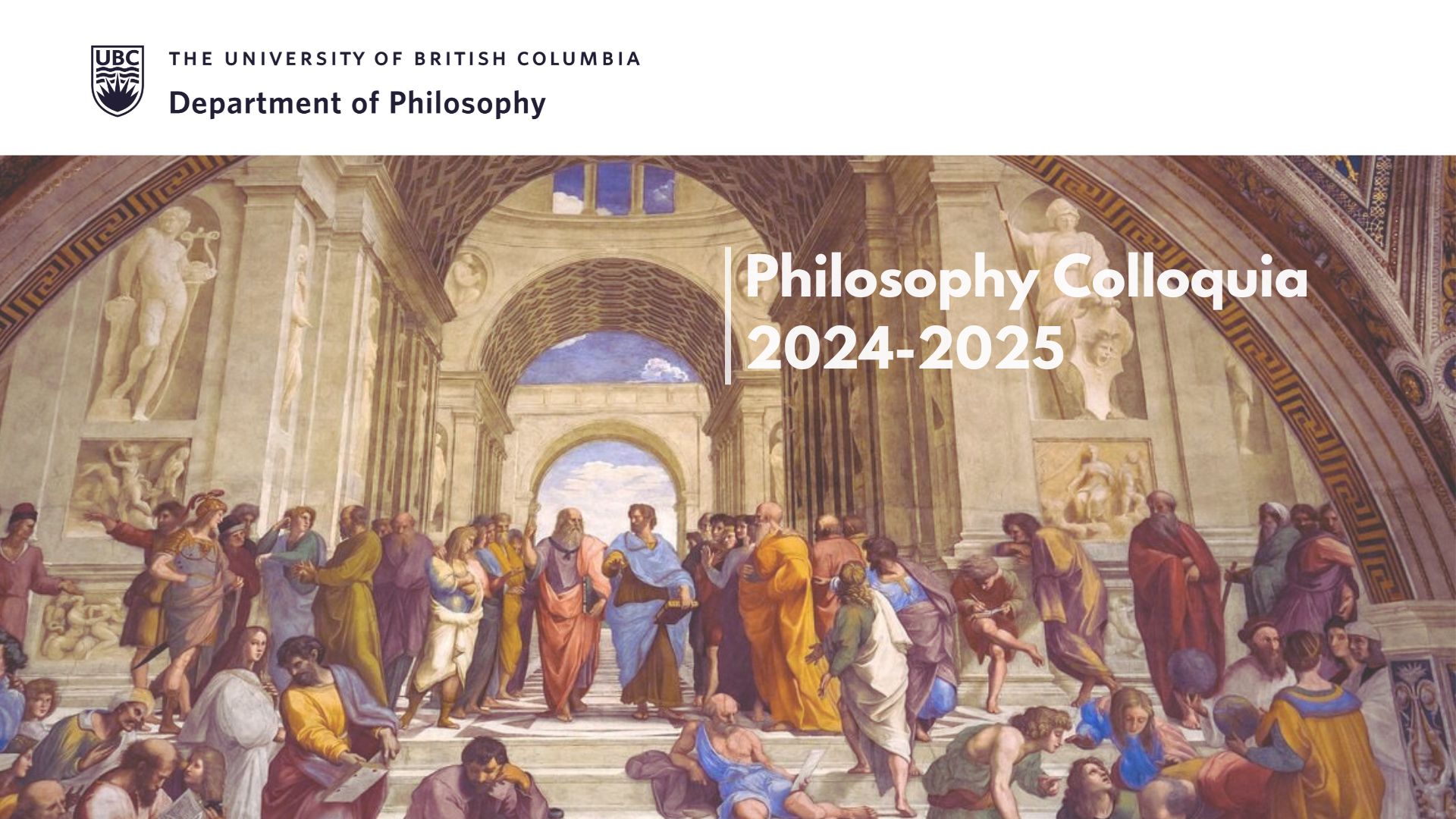Tamar Schapiro (Stanford University and MIT) will be giving her talk on Friday, March 18, 2016 in BUCH A201 at 4pm.
TITLE:
What could ‘incline without necessitating’ the will? (or: how is passion possible?)
ABSTRACT:
To be obligated to do something is to be required to do that thing, regardless of whether or not you happen to feel like doing it. When you are obligated to attend that 8am meeting, you are required to attend, regardless of whether or not you happen to feel like doing so. In this sense, the very concept of obligation makes implicit reference to a correlative concept of ‘feeling like it’. In Kant’s terminology, acting from “duty” essentially involves rising above the influence of “inclination”. An inclination, as I will understand it, is a “feel-like-it” motive, where such a motive contrasts with an “ought-to” motive.
Even if obligation involves rising above our inclinations, our inclinations are not just sources of motivational static. Arguably, they provide raw material from which we construct our substantive goals and ideals. I want to understand both the negative and positive roles that our feel-like-it motives play in our lives. But to do this, I need to confront philosophical puzzles about the very concept of an inclination. Pretheoretically, our feel-like-it motives “incline without necessitating” our wills. (I am borrowing a phrase from Leibniz here, without borrowing his interpretation of it.) In this paper I ask what sort of influence could, by its very nature, both “incline” the will and not “necessitate” it. I hope to show that answering this question is not as easy as it might appear at first glance.
This event is free and open to the public, faculty, staff and students.


